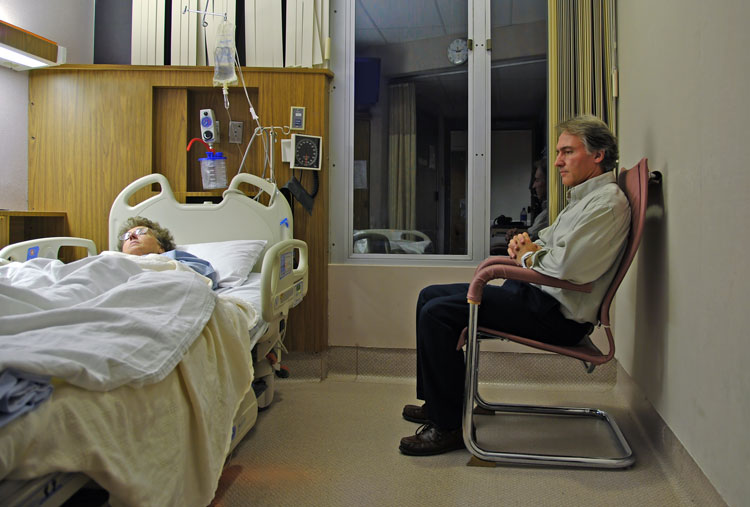
Patient Advocate Designation
If you are involved in an accident or become seriously ill, you may not be able to tell your doctors what kind of medical treatment you desire. Nobody likes to consider such possibilities, but the reality is that these situations are not uncommon. Having a Health Care Power of Attorney (also known as a “Patient Advocate Designation” and sometimes simply referred to as a “Living Will”) allows you to designate a person you trust to make decisions for you if you are not able.
If artificial means were keeping you alive without hope for meaningful recovery, would you want extraordinary actions be taken to postpone the time of your death? Usually, the spouse or adult children make these types of decisions. Unfortunately, families often do not agree – especially under stress and without the benefit of knowing what you would want done. When choosing your patient advocate, you should consider those closest to you that basically agree with and understand your views regarding your health care needs and end-of-life decisions. You should choose someone whose judgment you trust, and who can stand up for your preferences. Ideally, your patient advocate will reside locally, but you may choose someone out of state. In addition to reducing your wishes to writing in a legal document, you should discuss in detail all of your views with your patient advocate.
If you have a Health Care Power of Attorney, your patient advocate will know what you want done, and he or she will have the legal authority to carry out your wishes. Our goal in assisting you to prepare a comprehensive Health Care Power of Attorney is to make sure you have everything in place to avoid conflict among your family members and to see that your end-of-life care is carried out as you desire.


